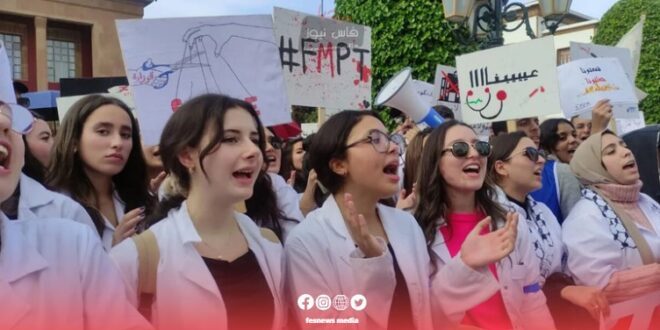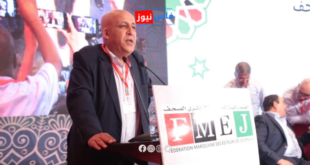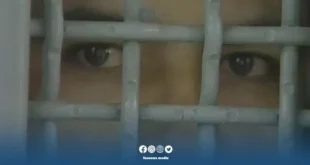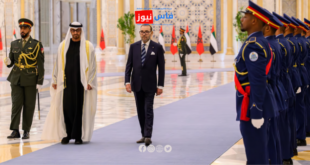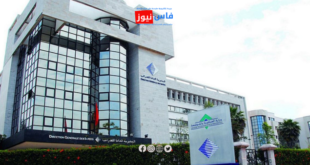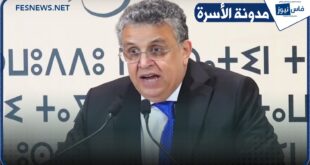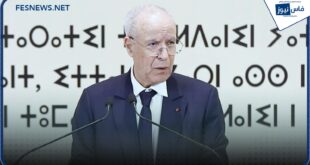Rabat, Morocco – The crisis of medical students in Morocco continues to worsen, after a strong rejection by students of a government proposal to introduce an optional seventh year. Tensions are rising between future doctors and the authorities, as the former demand more guarantees regarding their training.
Strong rejection of the optional seventh year:
In an attempt to resolve the crisis, the government has presented a set of solutions, including the introduction of an optional seventh year. However, this proposal has met with strong rejection from students, with more than 50% of them expressing their opposition to it through a national vote held in all medical schools in Morocco on Tuesday, June 11.
Concerns and tensions:
The students’ rejection of the optional seventh year is due to fears of increasing the duration of studies without concrete guarantees to improve the quality of training. Students are also demanding more clarity about their professional future and job opportunities after graduation.
Government efforts to resolve the crisis:
The government has sought to reach a compromise by holding meetings with student representatives. During these meetings, alternative solutions were presented, including the possibility for students to undertake full-time optional clinical training after the sixth year, before discussing their dissertations.
Insistence on strike and uncertainty about the future of the academic year:
Despite government efforts, medical students remain adamant about continuing their strike. This threatens to disrupt exams and possibly waste the entire academic year.
Next steps:
The National Student Committee is expected to hold general meetings in the coming days to determine their next course of action. Expectations are that the coming weeks will be filled with tension between students and the authorities, with each side seeking to defend their position and find a satisfactory solution to this educational crisis.
 فاس نيوز ميديا جريدة الكترونية جهوية تعنى بشؤون و أخبار جهة فاس مكناس – متجددة على مدار الساعة
فاس نيوز ميديا جريدة الكترونية جهوية تعنى بشؤون و أخبار جهة فاس مكناس – متجددة على مدار الساعة

